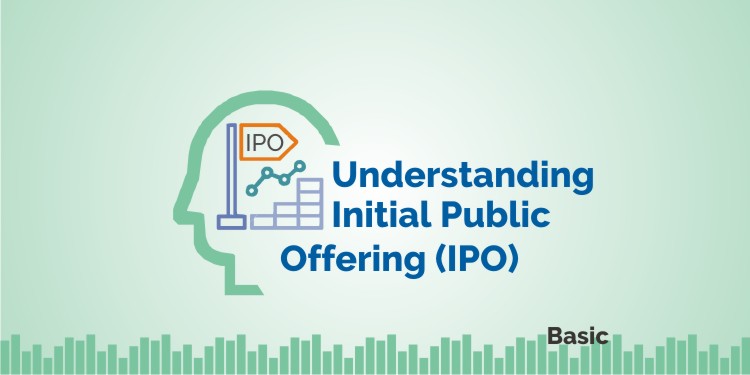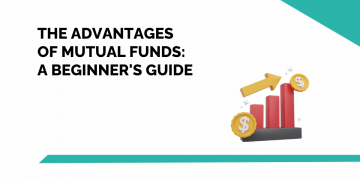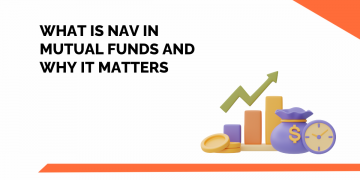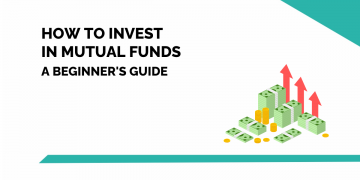The initial public offering(IPO) market after a gap of many years has again become the hottest sector in the Indian financial market since a lot of money has been made in the last few months. I believe that you must have applied in the recent Bandhan Bank IPO. Even if not invested, must have given a thought to invest or have done some analysis.
To some extent, it is, but proper research is necessary before betting on listing gains. Let’s understand what is an IPO and other key aspect attached to it.
| Table of Contents |
|---|
| What is an Initial Public Offering (IPO)? |
| Procedure of Initial Public Offering |
| How to decide that which IPO to opt for? |
| Bottomline |
What is an Initial Public Offering (IPO)?
Initial Public Offering is a process which enables unlisted or private companies to go public so as to raise capital either to repay debt or business expansion or for promoters to dilute stake in the company. It is a great way through which an individual can buy a stake in the company which previously was not possible.
IPO basically represents the first time, a company will financially benefit by the issue of its stock. However, post the Initial Public Offering, the underlying company will not receive any compensation but the share transfer will take place between buyers and sellers in the open market.
The underwriting investment bank introduces IPO in the market, which also helps the company in getting potential investors. Moreover, the underwriter also helps in settling the price at which it will be issued to the public.
Suggested Read – IPO report on Cafe Day Enterprise limited.

Procedure of Initial Public Offering
Soon after the company wants to go public, it hires the investment bank to manage the entire procedure. Further, both of them decide the amount of funds to be raised, type of securities to be issued and other necessary details.
The underwriter then puts everything in a document called Red Herring Prospectus. This document contains all necessary details about the company except for the effective date and the offer price.
Download Free E-book – Basic Guide on Initial Public Offering
For what period does the issue remain open and what number of shares retail investor can apply in an IPO?
In general, the IPO is open for 3-7 days, but however, the actual number of days it will be open is decided by the issuing company and its lead manager.
The upper cap on the value of the investment made in an IPO by a retail investor stands at Rs 2,00,000.
How to decide that which IPO to opt for?
The following are the important points you should consider before investing in an Initial Public Offer-
1. Higher promoter stake is always preferable as it tells us about the sense of responsibility and preferably the promoter will try to take the company to new heights.
2. Look for the issue size of the IPO. Bigger the issue size, higher is the promoter’s capability.
Also Read: IPO- Value or Trap?
3. Do not forget to conduct a background check on promoter’s capabilities.
4. Look for the projects in the pipeline and also its size as it will tell us about company’s scalability going forward.
5. Lastly, in case of big companies, do not involve in speculative gains but focus on long-term wealth creation.
Bottomline
There are both pros and cons associated with an Initial Public Offer. Hence, before you invest in an IPO, it’s always preferable to devote a lot of time into research since it will provide you with valuable insight both about the company and the people managing the same. Read about ASBA (an application mechanism for subscribing to IPO’s.), which has become compulsory for all public issues.
In order to get the latest updates on Financial Markets visit Stockedge









I liked the way you have described Initial Public Offering.
Hi,
Thank you for Reading!
Keep Reading
Really helped me in understanding market